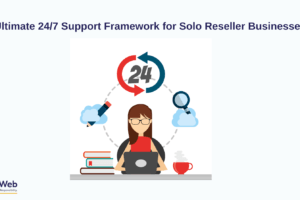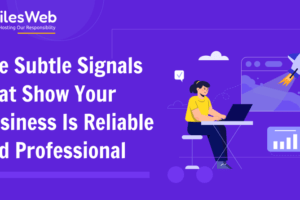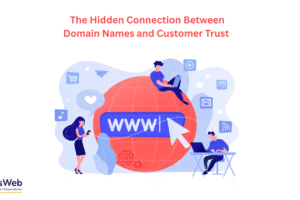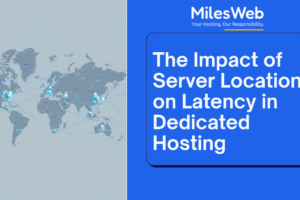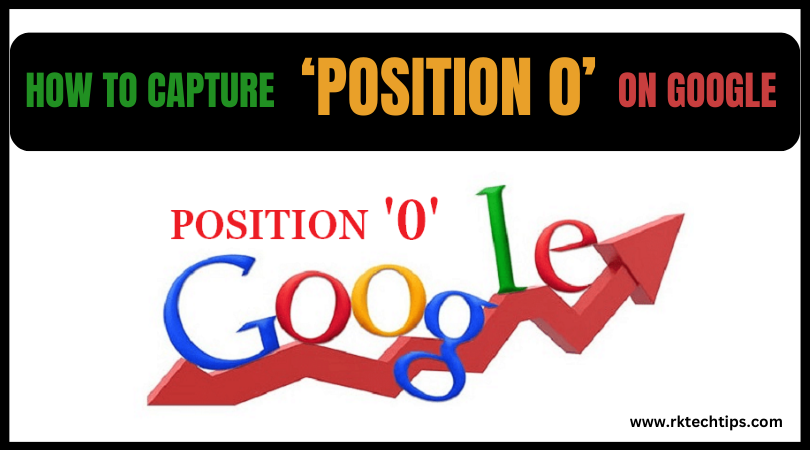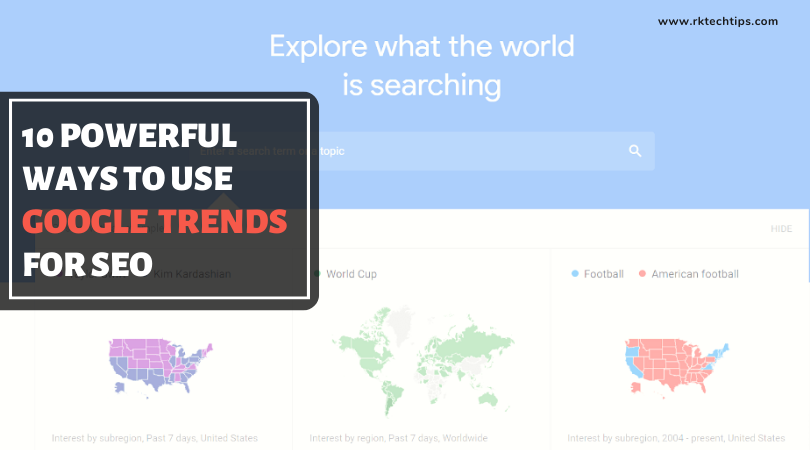Google July 2021 Core Update -What now? : Finally – the Google 2021 core update has happened. It is changing the way Google ranks search results, but users are puzzled about how it affects their website.
The changes depend on the marketing strategy you use, and we’re going to inspect some of the main factors to consider if you need to update your approach. Let’s see all the details on the Google July 2021 core update and decide what’s best to do next.
What happened?
Google announced the July update, and it is finally complete. It took 12 days for it to fully roll out – from July 1st to July 12th. They posted a tweet about it, saying that the update rollout is now effectively complete without any additional information.
Users should know that this is a global update, and there are no specific changes in any local regions, particular website category, or language. The update is like any other core update, and it is something Google releases regularly.
Previous updates
Summer 2021 is quite exciting and filled with changes. Before the July update, Google released several different ones, including the June 2021 core update and two additional updates related to spam.
Therefore, users experienced several different changes in the past months. So, if you noticed any changes to your rankings, it’s time to see what you need to do to agree with the latest core updates.
Is there something wrong with your pages?
After each update, certain pages may do better or worse when it comes to rankings. However, that doesn’t necessarily mean there’s something wrong with your pages.
Google updates are about how it assesses them, and some of the pages may not be that suitable anymore. However, this doesn’t mean they are bad; they just don’t do well with the new set of guidelines.
To help users out, Google has released a list of common questions you should consider if you notice any changes after the update. This can be pretty useful, but let’s see what you should do after the update is finally released.
Should you fix anything on your website?
Well, no. As we have explained, pages that don’t do well after the update are not necessarily bad. Therefore, you don’t need to fix anything but focus on creating future content in the best possible way.
Offer high-quality content
After the Google July 2021 core update, the thing you can do is focus on providing content of the highest quality. You can audit any drops that you experienced after the update and get more information on how you should deal with your future content. In the meantime, be sure to focus on the following:
- provide original information in your content
- describe the topic in detail, and not wander off to some other descriptions
- use additional sources that add to the value of your content
- include details that are not simply obvious but make it interesting for readers to read more about the topic
- titles and headlines should clearly describe the text below and don’t insist on sensation and provocation
- present the information you share so that readers can trust you and feel that they can share and recommend the content to their friends.
Learn more about E-A-T
E-A-T stands for Expertise, Authoritativeness, and Trustworthiness. Some experts advise that if a website has strong E-A-T, it can recover quickly from the core update.
However, this is not essentially something that will help everybody, but it’s good to know the main guidelines to learn how to access high-quality content and learn how to create it yourself.
For example, implementing more trust signals to your website is something you should focus on. It may include some awards or other proof of quality. Be sure to make them visible on your website.
Don’t be an aggressive salesman
Aggressive ads are not something visitors love – and Google is not the biggest fan either. These ads can seriously hurt your SEO and make it difficult for visitors to access the actual content.
Furthermore, the language you use to create blog posts should include language that isn’t too promotional, as it triggers distrust with visitors and makes them leave the site.
As the experts from Digital Dot suggest, the websites that lost the most after the Google July 2021 core update were primarily ones that used salesy language and call-to-action on their pages.
That’s why trusting the digital marketing part of work with an expert is the best advice. People with ample experience in this field can help you with the strategy suitable for your website, which will surely put you ahead of your competition.
Improve user’s experience
One of the methods that will surely help your website recover or become better is fixing any potential technical problems. These include the range of issues you need to check:
- page loading speed
- AMP errors
- crawlability and index problems – it’s easy to check them in Google Search Console
- pagination errors – this happens with multi-page lists, very often with e-commerce websites
- smooth transfer from desktop to the mobile version of the website
Dealing with drops
Issues with search ranking can happen due to the Google July 2021 Core Update. However, they can also be due to any other update or a different reason.
However, your approach to the problem should be efficient and realistic in order to reach a solution the fastest way possible.
As you could see from the text, sometimes the reason why a page is not doing well is not you and your content. You should be aware of the speed at which changes happen on the internet.
Some websites, pages, and ways of creating content may become less attractive, common, and efficient – so adapting to the changes is the best way to succeed.


